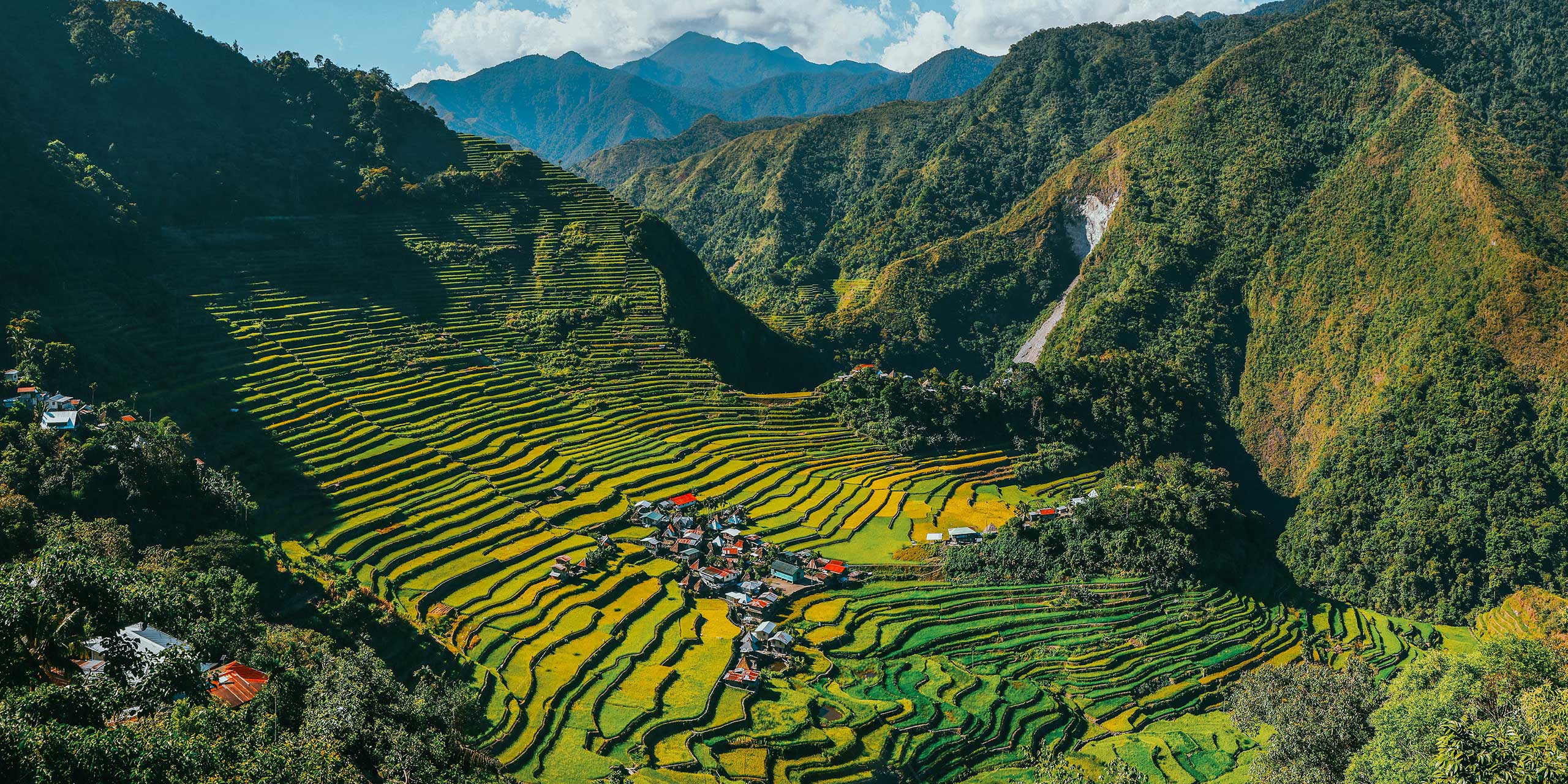A practice, process, or entity is sustainable if its initiatives, actions, or impacts serve to meet the social and economic needs of present and future generations within planetary boundaries while ensuring:
- the extraction and use of resources in ways that maximize renewal, protect and restore the health of natural systems, preserve biodiversity, reduce pollution, support climate change mitigation and/or adaptation; and justly protects human health;
- ethical economic development that promotes equitable opportunity and empowers rather than exploits people and the environment; and
- an elevated standard of human well-being that ensures basic human rights, and social justice for all people.
This is best achieved using an inclusive and transparent process that includes a diversity of stakeholders, considers the intersectional nature of sustainability, employs systems thinking, is based on the growing body of scientific information while considering traditional practices, empowers individual and collective action, and is assessed using measurable indicators.



